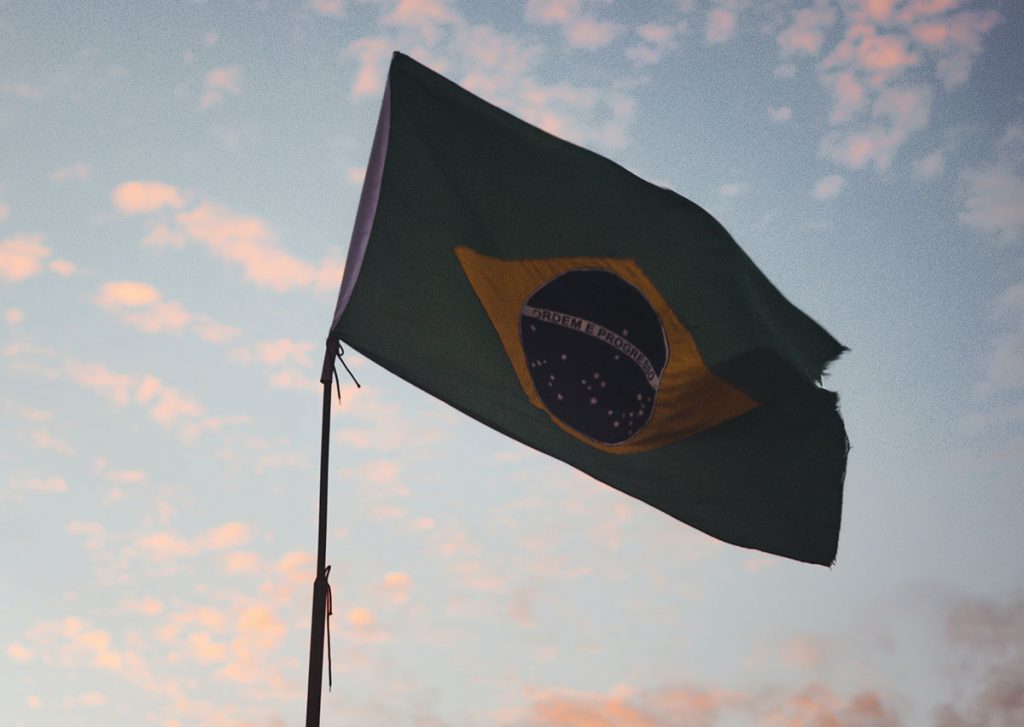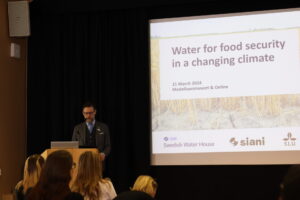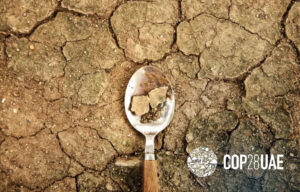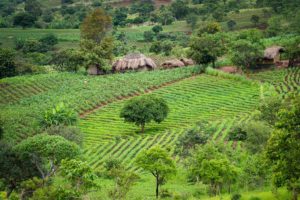- SIWI – Leading expert in water governance
- /
- Latest
- /
- The key role of water, sanitation and hygiene promotion in the response to COVID-19 in Brazil
The key role of water, sanitation and hygiene promotion in the response to COVID-19 in Brazil
In order to support well designed water, sanitation and hygiene (WASH) responses that contribute to COVID-19 containment, UNICEF Regional Office for Latin America and the Caribbean (LACRO) and the Stockholm International Water Institute (SIWI) launched a Policy Brief.

On the key role of water sanitation and hygiene promotion in the response to COVID-19 in Brazil, that provides an overview of measures taken at the federal and state levels in Brazil. It identifies both the strengths and the response gaps.
Frequent and proper handwashing with soap is one of the key measures for COVID-19 infection prevention and control. This implies that continued access to and quality of WASH services must be ensured at household level, health care facilities, schools, and in other public spaces. This requires coordinated actions by key stakeholders, namely: policy makers, regulators, utilities, private sector, United Nations (UN) agencies, Non-Governmental Organizations (NGOs), and communities.
Background /context
Unfortunately, Brazil has the highest number of COVID-19 cases in Latin America, with almost 2 million cases and more than 75,000 deaths as of July 15, placing the country second in number of cases and fatalities globally.
Serious challanges
The COVID-19 crisis is impacting the country on top of serious challenges faced by its WASH sector. The access gap of WASH services in Brazil is daunting, as it has around 15 million people without access to safely managed water in urban areas. In rural areas, 25 million only have a basic level of service, and 2.3 million access untreated resources of water for drinking and personal and house hygiene. In terms of sanitation, over 100 million people live without access to safely managed sanitation.
Lack of access is especially acute in the lower income segments, in indigenous villages and in the urban peripheries and informal settlements, or favelas, where approximately 13 million Brazilians live.
The pandemic hits low income women, indigenous communities and school and health centres harder.
Very few measures taken
Very little or no intervention was noticed to support the financial loss of service providers, who suffered up to a 70% decrease in income during the first weeks of the pandemic. Very few measures were taken in rural areas or indigenous communities.
The WASH response to COVID-19 in Brazil
The response varied significantly within different regions, and in the federal government versus state governments. Main urban service providers (such as Sabesp in Sao Paolo) were very active in supplying extra water and sanitation kits to the population. NGOs and cooperation agencies increased interventions mainly on behavioural change.
Very little or no intervention was noticed to support the financial loss of service providers, who suffered up to a 70% decrease in income during the first weeks of the pandemic. Very few measures were taken in rural areas or indigenous communities.
Most recent

SIWI Amman and UNICEF host Libya representatives for WASH exposure visit
- Water, Sanitation and Hygiene (WASH)
- Water governance

Water and land: Partners in climate mitigation
- Water in landscapes
- Wetlands
- Water governance

What is the role of water in rural and urban school facilities?
- Water, Sanitation and Hygiene (WASH)
- Water in landscapes
- Water governance
- Gender and water

Taking root: locally driven forest landscape restoration
- Water in landscapes
- Wetlands
- Groundwater
- Resilience through water

Innovating water and food security

Effective water management for sustainable food systems

What’s next for rainfed agriculture?


